For a brief moment following the US sanctions against Huawei, it felt like the company was kind of doomed on the smartphone front. But that wasn’t the case. Huawei was quick to turn things around, ditching Android for its own HarmonyOS, and also somehow managing to develop its own chipset despite the sanctions against them. But it seems that not everyone is impressed by Huawei’s chipset efforts.
Speaking on “60 Minutes”, US Commerce Secretary Gina Raimondo expressed that was not impressed by Huawei’s new chipsets. She also claims that what Huawei has now is “years behind” what the US currently has. She points out the “sophisticated” semiconductors that the US has access to that China does not.
For context, the US government put Huawei on the Entity List back in 2019. This effectively banned US companies from doing business with Huawei and vice versa. It also prevented Huawei from accessing technology that relies on US patents. The US government also encouraged their allies to cut ties with Huawei, which included ASML, who is pretty much the sole manufacturer of equipment needed to make more advanced chipsets.
However, Huawei and their partners like SMIC have found a way around it. This resulted in a new 5G capable chipset that debuted in the Mate 60 series. The US government is still investigating how these chipsets were produced. Admittedly the state of Huawei’s chipsets is definitely not on par with Qualcomm, but given time, it is possible that Huawei could catch up.


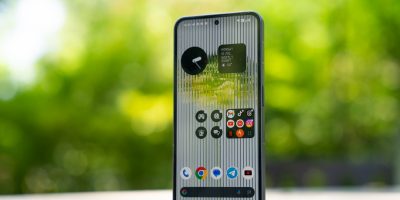
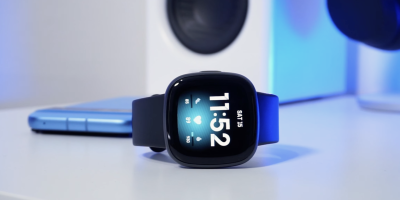
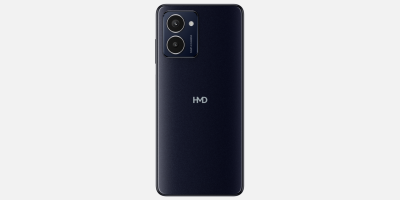
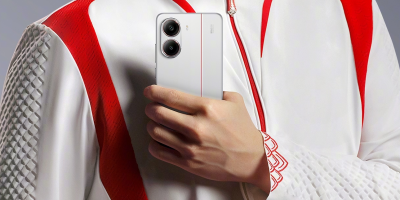
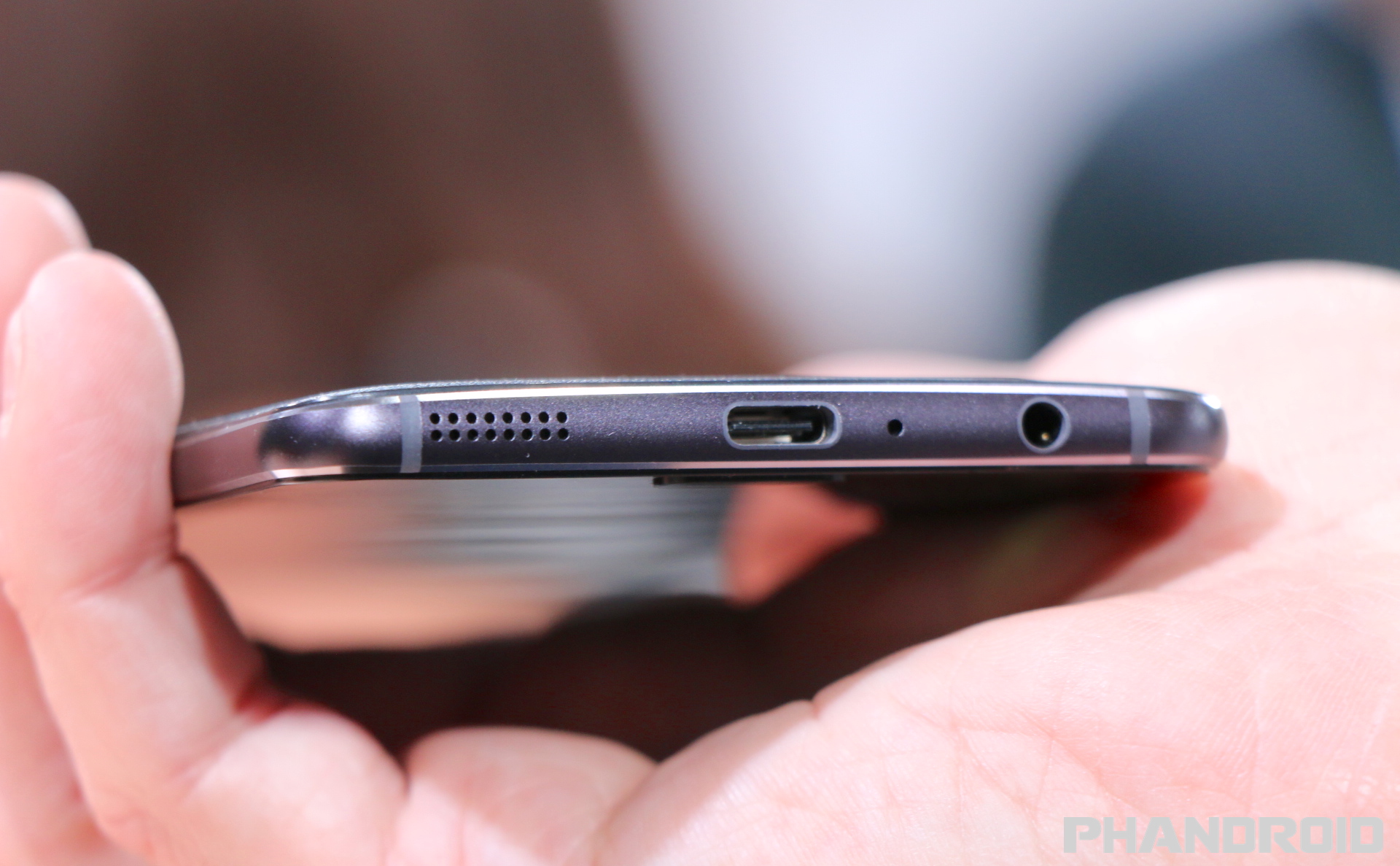

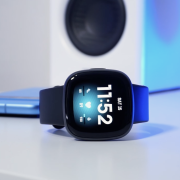

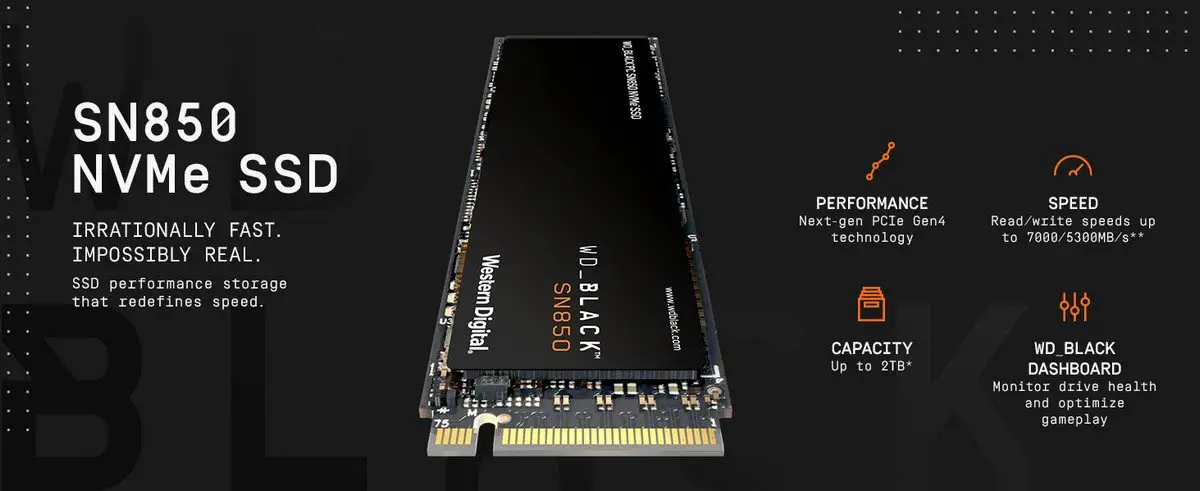

Comments